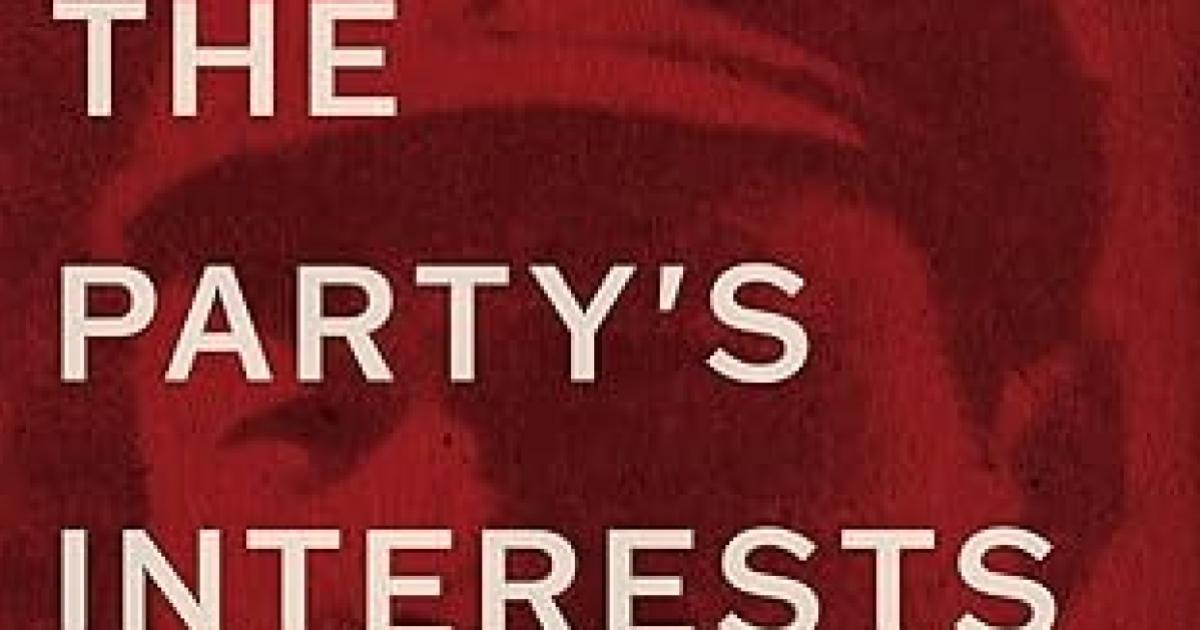Trump's Executive Orders Face Legal Challenges from Big Law Firms
In a significant legal confrontation, former President Donald Trump has issued a series of executive orders targeting specific law firms that he alleges have acted against his interests. One firm in particular, Jenner & Block, has become a focal point of this controversy.
During a recent court hearing held on Monday in Washington, D.C., U.S. District Judge John Bates appeared skeptical of the arguments presented by Richard Lawson, the Justice Department attorney defending Trump's actions. Lawson contended that Trump's executive order could not be deemed illegal since it compelled federal agencies to act "consistent with applicable law." However, his responses seemed to falter under the scrutiny of Judge Bates, who expressed frustration with Lawson's inability to provide clear justifications.
Lawson's defense relied on claims that Trump had the authority to target Jenner & Block on the grounds that the firm allegedly discriminated against its employees based on race. This assertion, however, has yet to be substantiated by any judicial or governmental findings. Judge Bates did not hold back his disbelief, retorting, "Give me a break," as Lawson attempted to argue that the firm engaged in racial discrimination. This interaction highlights the contentious nature of the hearing and the broader implications of Trump's executive actions.
The oral arguments were part of Jenner & Block's ongoing lawsuit seeking a permanent injunction against Trump's executive order, which was originally issued on March 25. In a notable preemptive move, Bates had previously ordered the federal government to pause the enforcement of this executive order, indicating the court's willingness to consider the merits of the case seriously.
Jenner & Block is not alone in this legal battle; it is one of four law firms that have collectively taken legal action against the Trump administration in response to these executive orders. In contrast, nine other major law firms opted to negotiate with Trump, agreeing to provide nearly $1 billion in pro bono legal work in exchange for avoiding similar executive actions.
The trend so far appears to favor the law firms challenging the Trump administration. Federal judges have quickly issued temporary restraining orders against the implementation of the executive orders, showing a pattern of impatience towards the arguments presented by the Justice Department. Reports indicate that similar frustration was echoed during hearings for other cases, such as Perkins Coies lawsuit, where judges criticized the Justice Department's legal reasoning as overly technical and lacking in substantive merit.
Judge Bates, appointed by President George W. Bush, pressed Lawson for clarity regarding the legal justification for Trump's targeting of Jenner & Block. The executive order threatens to strip employees of their security clearances, terminate existing contracts, and restrict access to government facilitiesall actions that would significantly impact the firm's operations and its employees' professional lives.
In the hearing, Bates challenged Lawson's interpretation of Trump's order, questioning how federal agencies would interpret the directive. "You think an agency official, given this executive order, is going to say, 'Well, I'm going to do a person-by-person analysis'?" Bates asked incredulously, highlighting the impracticality of Lawson's defense.
On the other side, Jenner & Blocks attorney, Michael Attanasio, argued that the executive order represents an act of governmental retaliation against the firm for exercising its rights to free speech. He emphasized that the order undermines the firm's obligation to advocate for its clients without governmental interference. Furthermore, Attanasio pointed out that the executive order threatens to displace several firm lawyers from their military reserve duties, an additional layer of impact stemming from the order.
Attanasio urged the judge to consider issuing a permanent injunction against the entire executive order, drawing parallels to Trump's earlier withdrawal of an executive order targeting Paul Weissa firm that had reached an agreement with the administration. "The difference being this time it gets taken down not on bended knee, but because this court enforces the constitution," he stated, underscoring the legal stakes involved.
As the court proceedings continue, Judge Bates has signaled that a written opinion on the case is forthcoming, which could have a significant impact on the trajectory of Trump's executive orders and their implications for the legal profession.
Correction: An earlier version of this article inaccurately stated the total amount of pro bono work promised by the nine firms. The correct figure is nearly $1 billion, not $1 trillion.






















